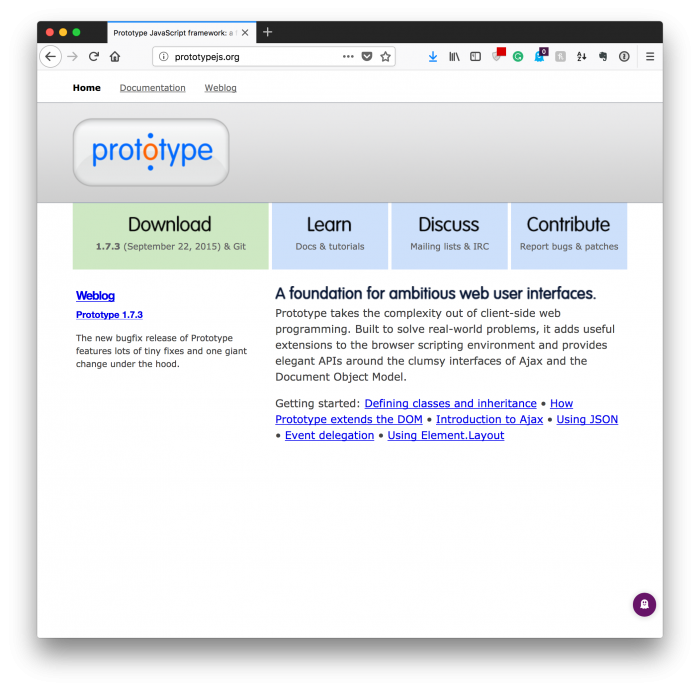A couple of days ago, John O’Nolan who’s the guy leading the team behind Ghost shared the following tweet:
https://twitter.com/JohnONolan/status/996132104445378560

I quoted the tweet to give context to the following question:
This is a legitimately honest and unloaded question: How many companies built on WordPress have job postings like this?
I can think of *maybe* 5 off the top of my head, but I’m curious about what’s out there now.
At the time of this writing, I’ve received next-to-nil on responses, so I thought it might be worth sharing a few thoughts about it here.

